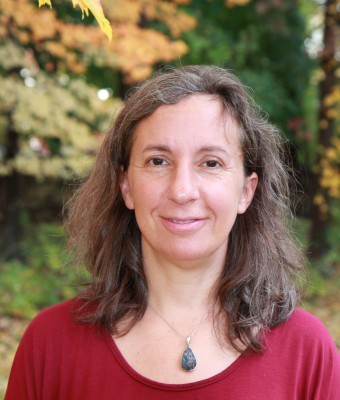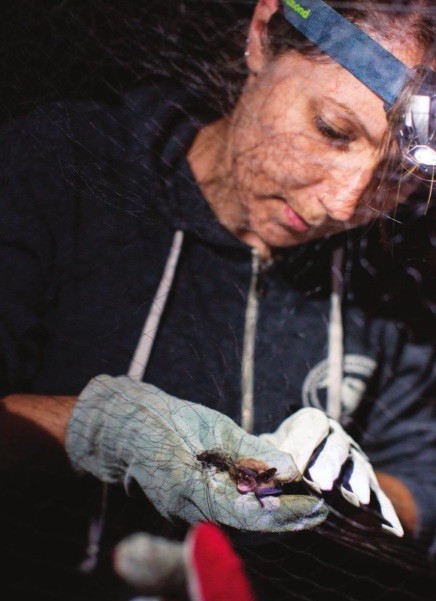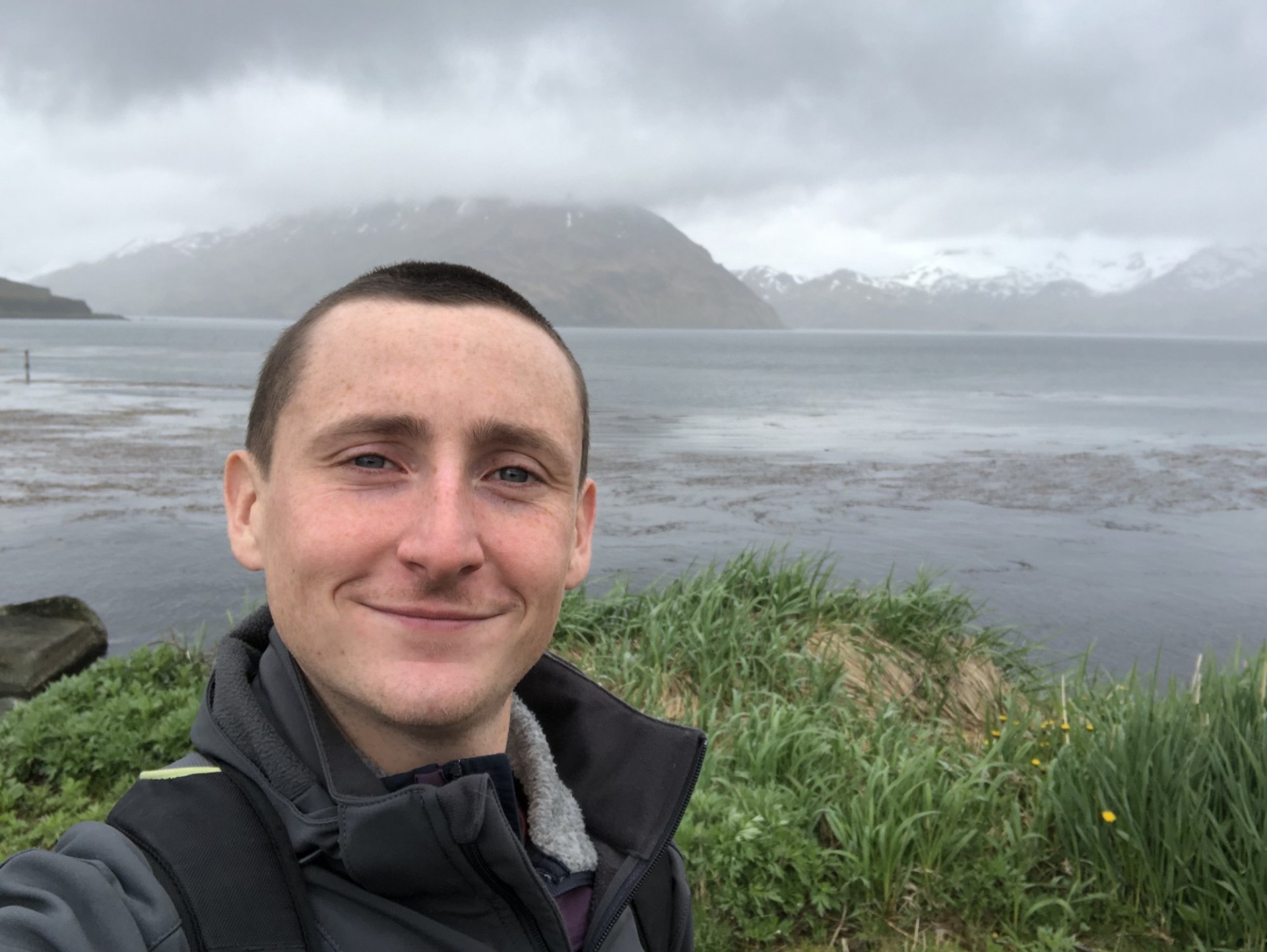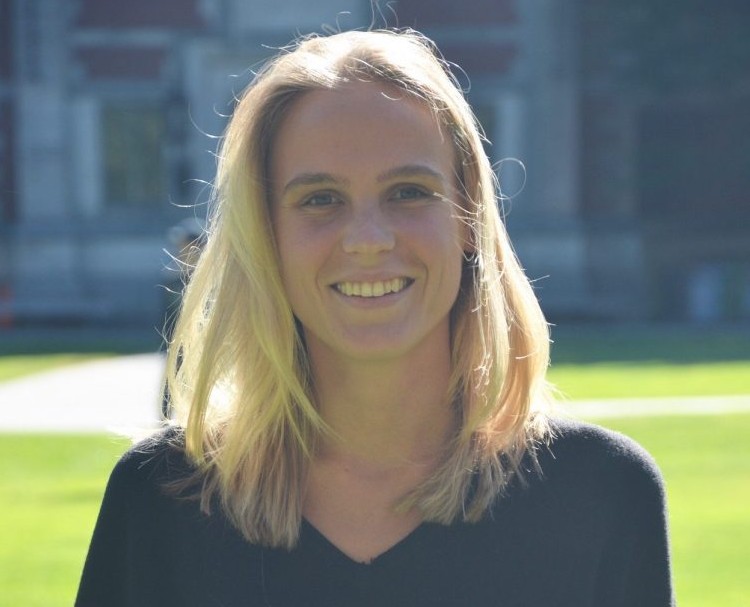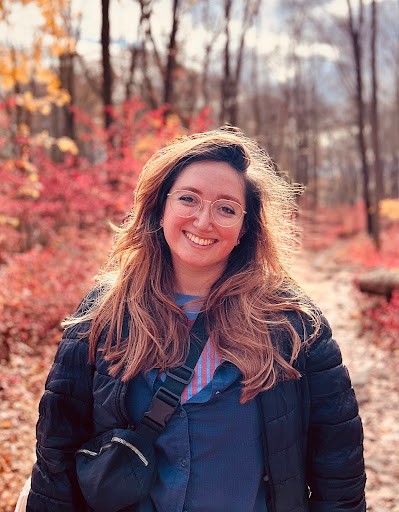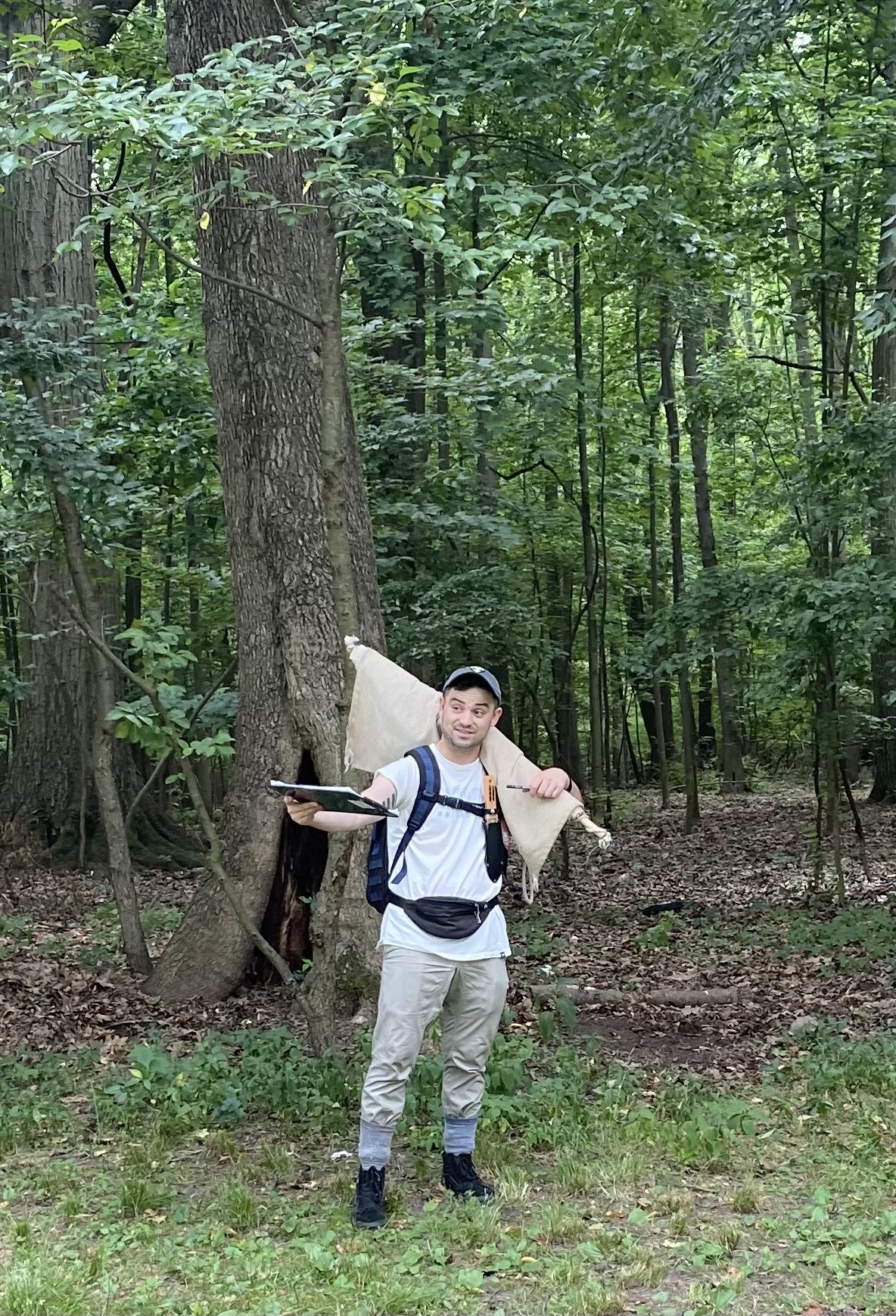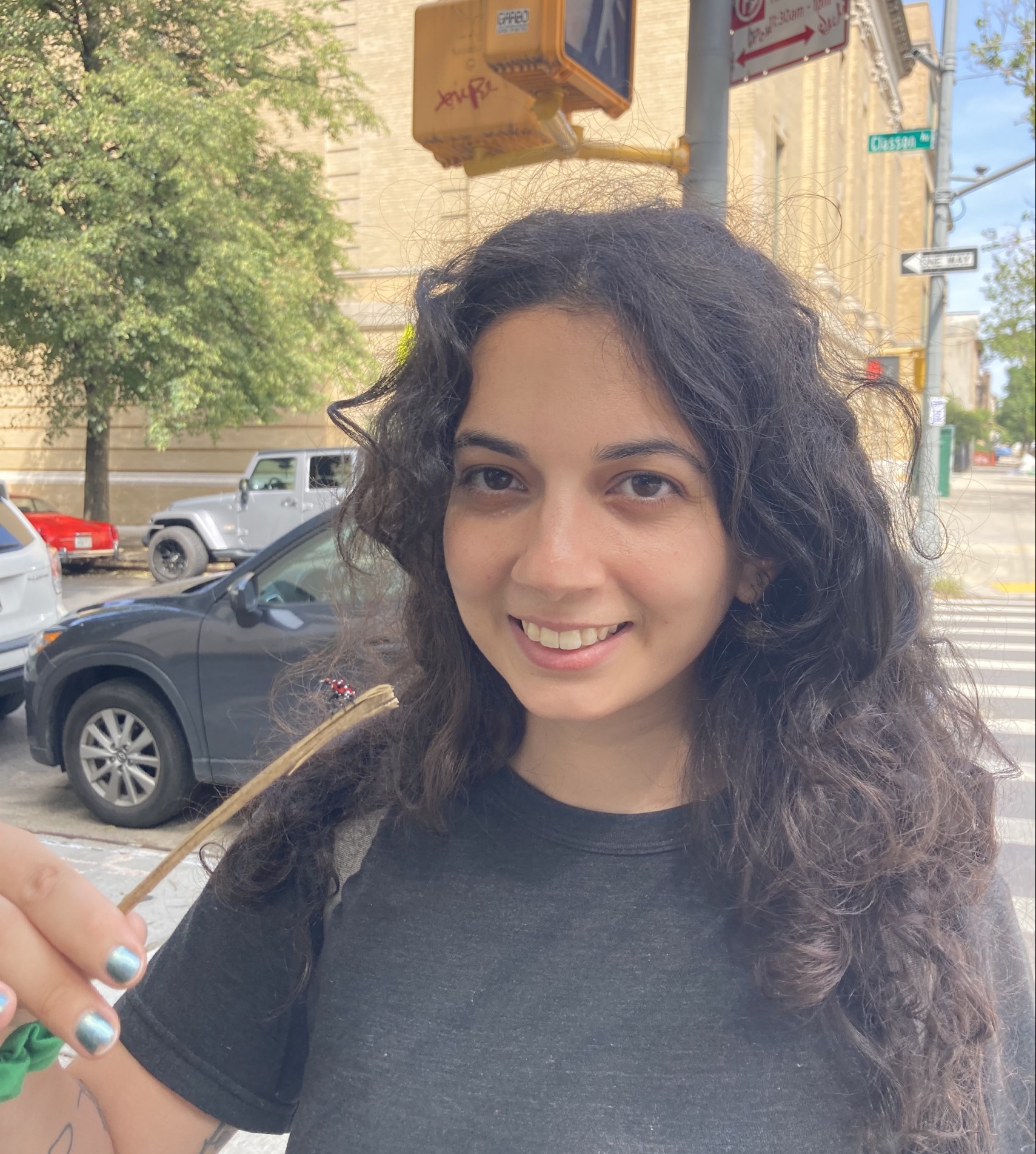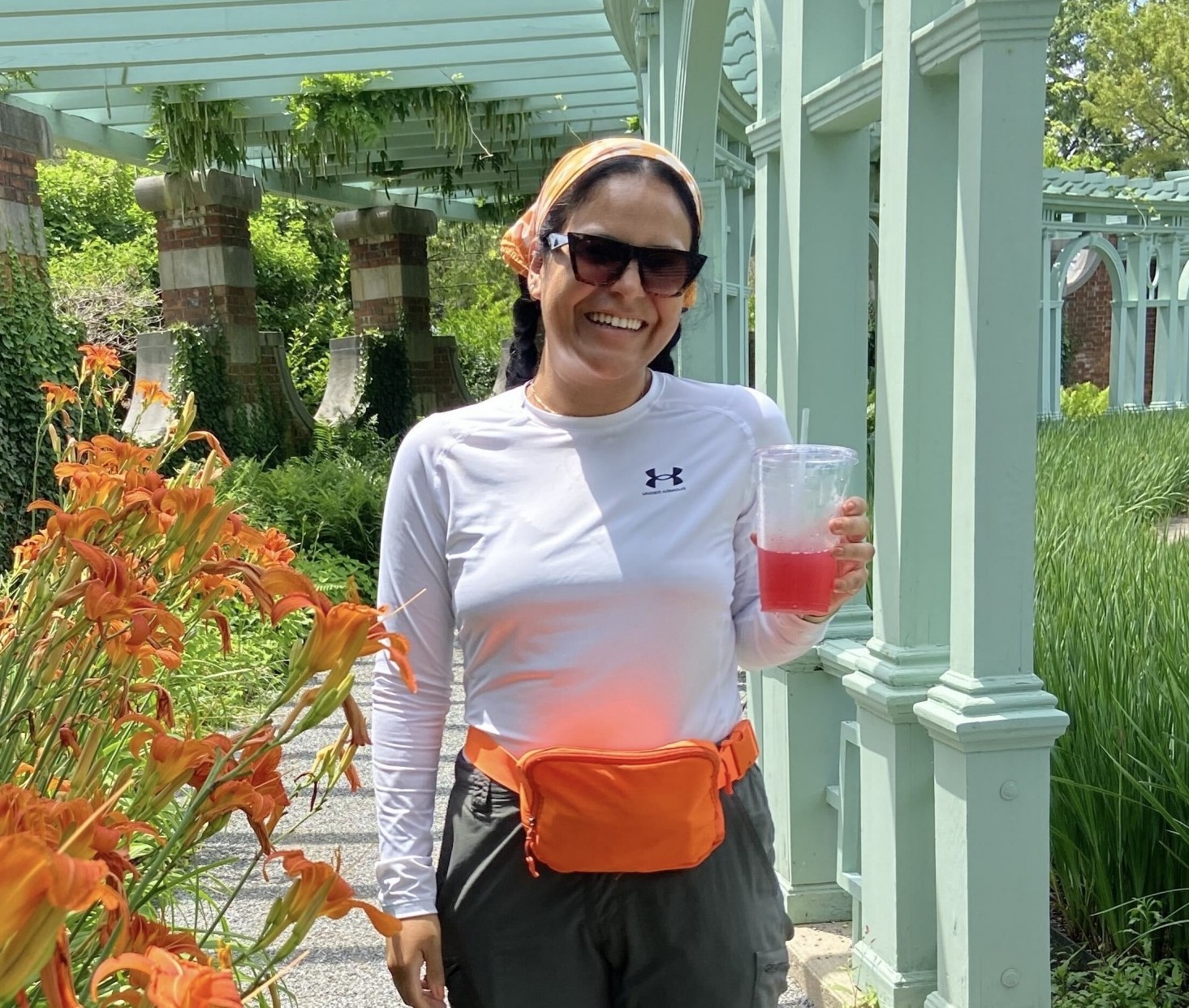Ursula Bergwerff
- Jonathan H.J. Bastard - PhD, Institut Pasteur (Paris, France)
Jonathan’s main research interest is the use of quantitative methods to improve infectious diseases understanding, surveillance and control. He is particularly interested in diseases with complex transmission cycles involving several species of hosts and vectors, and their links with human activities. His current work investigates the ecological and anthropological drivers of tick-borne diseases by developing mechanistic modelling frameworks that combine the dynamics of hosts, ticks and pathogens at the natural-urban interface. During his PhD at Institut Pasteur (Paris, France), Jonathan used mathematical and statistical modelling approaches to study the spread of antibiotic-resistant bacteria in livestock at multiple scales in France and in Vietnam, where he collaborated with the Oxford University Clinical Research Unit. He also worked in the surveillance of infectious diseases, including vector-borne diseases and COVID-19, at both country and global levels.
- Pallavi Amritha Kache – PhD, Columbia University
Pallavi is a third-year PhD student exploring how variation in the urban landscape affects mosquito population dynamics and mosquito-borne disease risk. She is a U.S. Fulbright Scholar conducting her dissertation research in Ibagué Colombia for the 2019-2020 academic year. Pallavi holds an MPH in infectious disease epidemiology, and has experience in disease surveillance and health communications with public health departments at the local and national level. Her research integrates health behavior surveys, entomological fieldwork, and remote sensing/environmental data to develop mathematical and spatio-temporal models of disease risk. She aims to use this information to simulate dengue transmission dynamics under urbanization scenarios.
- Myles Osborn Davis – MA, Columbia University
Myles was broadly interested in how wildlife behave in human-dominated landscapes. Through his investigations he sought to mitigate human-wildlife conflict, support conservation efforts, and promote citizen science and environmental stewardship. He has previously worked on a wide range of wildlife projects, from studying semi-wild Elephant behavior and ecotourism in Thailand, to Colobus monkey crop raiding in Tanzania. His thesis work involved using wildlife trail cameras to understand how mid-sized mammals, such as Racoons and Coyotes, are distributed throughout New York City’s greenspaces, establishing a long-term camera transect to monitor city wildlife across a gradient of urban intensity in the process.
- Nichar Gregory – PhD, Imperial College London
Nichar is interested in the ecological drivers of vector-borne disease transmission, particularly in understanding how variation in vector life-history shapes transmission dynamics. She holds a PhD from Imperial College London, for which she quantified the impacts of tropical forest conversion in Malaysian Borneo on Aedes albopictus mosquito biology and vectorial capacity. Her research integrates entomological fieldwork, laboratory experiments and mathematical models to develop mechanistic frameworks for predicting vector-borne disease risk in rapidly changing landscapes. Currently, she is working with the Eco-Epidemiology Lab to study the dynamics of Coupled Natural and Human systems (CNHs) in tick- and mosquito-borne diseases in the Northeastern United States.
- Meredith VanAcker – PhD, Columbia University
Meredith is a PhD student and has a background in community ecology and conservation biology. Her previous master’s research examined the impacts of suburbanization on trematode infections in green frog populations. For her dissertation, she is researching how land alteration and habitat disturbance alters host movement, community assemblage and vector genomic differentiation.
- Daniel Ruiz Carrascal – Associate Research Scientist
Daniel Ruiz Carrascal was an associate research scientist at the Department of Ecology, Evolution and Environmental Biology (E3B) at Columbia University in the City of New York, USA, in collaboration with the International Research Institute for Climate and Society (IRI). He holds a PhD in Earth and Environmental Sciences, an M.Phil in Earth and Environmental Sciences and a Master of Arts in Climate and Society, all of them conferred by Columbia University in the City of New York. He also holds a Master of Science in Water Resources and a Bachelor of Science degree in Civil Engineering, both at the National University of Colombia in Medellin. His areas of expertise include hydrology, climatology, water resources, and environmental health sciences. His research interests focus on environmental change, climate variability and change in high-mountain watersheds, and climate variability/change and human health impacts. He is one of the lead authors of Chapter 12 ‘Climate change information for regional impact and for risk assessment’ of the Working Group I of the forthcoming Intergovernmental Panel on Climate Change - IPCC Sixth Assessment Report (AR6). At the Eco-Epidemiology Lab he is working on the analysis of the existing and newly acquired surveillance and control datasets to develop diagnostic and predictive models for the presence and abundance of mosquito and tick vectors and their associated pathogens. He is modeling the population dynamics and spread of mosquito and tick-borne pathogens, and the optimal deployment of integrated tick management approaches. These modeling platforms will enhance surveillance and the institutional response capacity for real-time impact on vector-borne disease management.
- Heather Wells – PhD, Columbia University
Heather is a first-year PhD student interested in studying viral ecology and emerging infectious diseases from wildlife. She holds an MPH in epidemiology of microbial diseases and has experience with wildlife disease surveillance and viral genetics and evolution. Her current research aims to distinguish ecological and genetic factors that contribute to risk of zoonotic spillover from wildlife, with particular emphasis on global patterns of recombination for coronaviruses in bats. She has broad interests in bioinformatics, evolutionary analysis, and mathematical modeling as tools to help describe patterns and define factors that contribute to viral emergence.
- Olivia Anne Card – MA, Columbia University
I am from Horseheads, New York and I graduated from SUNY Geneseo in 2019 with a B.S. in Biology and a minor in environmental studies. I am an M.A. candidate in the E3B department planning to complete my degree in May 2021. My current research aims to determine the drivers of tick densities in residential, urban areas using Staten Island as a case study. My general research interests include dynamics of vector-borne transmission cycles, agent-based modeling as a tool to explore coupled human and natural systems, the impact of climate change on infectious diseases, and movement ecology of mammals.
- Portia Eastman – MPH
I am a second-year MPH candidate at the Mailman School of Public Health in the department of Epidemiology and obtaining a certificate in Global Health. I received my B.S. in Global and Environmental Health Studies with a minor in Hunger Studies from the University of Rhode Island in 2017. I am interested in the impact that vector-borne diseases and climate change are having on the health of vulnerable populations in the global south, using epidemiologic methods of identification and prevention to track and reduce disease, and using that data to create culturally appropriate solutions that are long-term and sustainable. My current research is focused on assessing the relationship between people’s knowledge, attitudes, and perceptions about ticks and the presence/absence of ticks in residential yards in Staten Island, NY.
- Matthew Combs – PhD
Matt is interested in the ecology and evolution of zoonotic diseases and their wildlife hosts with the aim to improve understanding and management of species that impact public health. Currently, Matt is researching the evolution of host specificity across Borellia strains to better understand the eco-epidemiology of strain diversity in natural populations and the immunological mechanisms underlying host infection. Matt received his PhD from Fordham University where he studied spatial population genetics and landscape ecology of urban rat populations. He sought to identify movement patterns of this anthrodependent species through complex urban landscapes to understand the influence of urbanization on wildlife and improve ecologically-integrated pest management strategies. Additionally, Matt pursues opportunities to incorporate art and science into outreach efforts and enjoys birding, hiking, photography, and trivia.
- M. Pilar Fernandez – Assistant Professor – Allen School for Global Animal Health, Washington State University
Dr. Fernandez is an assistant professor at the Allen School for Global Animal Health at Washington State University. As a disease ecologist her research focuses on the eco-epidemiology of zoonotic diseases, and in particular, vector-borne diseases. She graduated from the University of Buenos Aires and has worked primarily on Chagas disease in Argentina, and tick-borne diseases in the Northeast USA during her time as a postdoc at Columbia University. Her main research interests lay in understanding the transmission of zoonotic diseases as complex socio-ecological systems, combining methods from epidemiology and ecology. The ultimate goal of her research is to identify critical factors affecting disease transmission, which will aid in the design of improved intervention strategies to alleviate the biological and socio-economic burden of these diseases in affected communities.
- Danielle Tufts – Assistant Professor – Infectious Diseases and Microbiology Department, University of Pittsburgh
Dr. Tufts is a vector-borne disease ecologist interested in evolutionary genetics, pathogen transmission pathways, ecological drivers of pathogen emergence, and host-vector-parasite interactions and co-infections. Her goal is to enhance our understanding of these complex interactions by combining theory from disease ecology and genetics research with empirical approaches. She utilizes field collected and laboratory derived samples, mathematical models to connect these findings to patterns found in nature, and analyzes these samples using the molecular tools. Her previous projects have focused on understanding how tick-borne pathogens (Borrelia burgdorferi and Babesia microti) may facilitate and enhance infection in their natural reservoir host (Peromyscus leucopus) using field-derived data from a multi-year, longitudinal, mark-recapture study and a multi-state Markov model to assess transition likelihoods between different infection states. Dr. Tufts was the first investigator in the US to discover that vertical transmission (a non-vector mediated pathogen pathway) may be contributing to the high prevalence and emergence of B. microti in natural rodent populations. Currently, she is investigating host specialization of different B. burgdorferi strains, immunological maternal-mediated protection against B. microti infection, macro-micro parasite interactions, and behavioral and genetic analyses of invasive tick species: the Asian longhorned tick (Haemaphysalis longicornis) and the red sheep tick (Haemaphysalis punctata).
Amanda Kelley Weaver – MPH Student – Mailman SPH, Columbia
Amanda Weaver is an MPH candidate in Epidemiology, specializing in Infectious Disease Epidemiology. After completing her undergraduate thesis about phenotypic selection on gall wasps via avian predation, she became interested in how humans impact infectious disease range and severity via urbanization, climate change, and control efforts.
- Dan Mathisson – MA, Columbia University
Dan is a Master’s student in the lab. His current research involves building statistical models to predict the abundance of ticks on a fine scale based on micro-environmental variables. More broadly, he is interested in the biotic and abiotic factors that determine species distribution.
- Michaela Mincone – MA, Columbia University
Michaela is an M.A. candidate in the Ecology, Evolution, and Environmental Biology (E3B) department at Columbia University and is planning to complete her degree in May 2022. Before coming to Columbia, Michaela graduated from Bucknell University in 2019 with a B.S. in Animal Behavior and a minor in education. Her current research focuses on the relationships between wildlife host movement and distribution ecology, urban environments, tick distribution and abundance, and zoonotic spillover.
- Theodore Chritton, Columbia University
Ted is a senior at Columbia’s School of General Studies, majoring in Environmental Biology and History. Prior to coming to Columbia, Ted served as a US Navy Deep Sea Diving Corpsman for 5 years, where he helped conduct human subject research, and experimental equipment testing. His interest in public health and disease research led him to work for the lab aiding tick research starting in the 2018 field season. He hopes to complete his senior thesis this spring.
- Gabriela A Galindo – Research Technician
Gabriela is a research technician interested in the evolution of vector-borne diseases in urban environments. Gabby has a B.A in Anthropology, genetics, and animal studies from NYU. During her undergraduate career her research focused on topics concerning primate evolution, mainly the potential links between genes linked to megalencephaly (large-brained pathologies) in humans, and the evolution of large primate brain size across the order. She is currently working on multiple ongoing research projects in the lab.
- Cassandra Coulter – MPH Student – Mailman SPH, Columbia University
I have a background in disease ecology and parasitology with a particular interest in how anthropogenic activities facilitate disease transmission between humans and wildlife. While working towards a Master’s of Public Health in Infectious Disease Epidemiology at Columbia University, I want to apply this ecological knowledge to interventions that mitigate the impacts of zoonoses and prevent disease spillover into human populations.
- Jeffrey Zhang-Sun – Undergraduate student – Columbia University
Jeffrey is a rising senior in Columbia College studying Environmental Biology in the Ecology and Evolution track and the pre-med track. He is excited to study the intersection between ecology and health that is implicated in the Staten Island tick project, and is eager to do his first de-ticking!
- Cyrus Hadavi – Undergraduate student – Columbia University
Cyrus is a rising senior at Columbia College. He is studying Sustainable Development and on a pre-Med track. Cyrus wants to write his senior thesis on how a social network and common knowledge in a community can help decrease the risk of tick-borne diseases.
- Max McClure – Medical Student – Columbia University Medical Center (CUMC)
Max is a Columbia medical student, currently completing an MD-MS in biomedical sciences. His research involves mechanistic modeling of tick behavior and microbiological work on borrelial host specialization and eco-immunology. Clinically, his interests include infectious disease, wilderness medicine, and immigrant health.
- Avriel Diaz – MA Student – E3B Columbia University
Avriel is a second year Masters student with a B.S. in Aquatic and Marine Science from SUNY College of Environmental Science and Forestry. Her experience with infectious diseases in aquatic ecosystems during her research work with United States Geological Survey led her to move to Ecuador in July of 2016. There she helped to provide relief from the 2016 7.8 magnitude earthquake and then co-founded an NGO, Walking Palms Global Health Initiative. The NGO focuses on disaster relief, holistic recovery, and research. Her current investigations look at Zika, Dengue and Chikungunya Viruses, disease ecology, psychology, integrating ecosystem- community health, and sustainable community development.
- Evelyn Rynkiewicz – Postdoctoral Associate
Evie has a background in the ecology of parasites in wild mice in the US and the UK. She applies classic ecology tools and theories to parasite-host and parasite-parasite interactions to better understand how parasite communities assemble within hosts and how this influences individual hosts and the patterns of parasite co-infection we observe at the population and community scale. Evie worked on using controlled infections of white-footed mice with Borrelia burgdorferi and Babesia microti in the lab and transcriptomics to quantify variation in the host immune profile in relation to single and simultaneous and lagged co-infections.
- Kaitlin Collins-Palmer – Undergraduate Student – E3B Columbia
Kaitlin competed her bachelors degree program in Environmental Biology at Columbia College with a focus on ecology and evolution. Her interests include disease ecology, entomology, and conservation biology. Kaitlin conducted mosquito surveillance research in the Lower Hudson Valley region. She completed her thesis on mosquito population dynamics in the area that can guide vector control activities.
- Giovanna Carpi – Associate Research Scientist
Giovanna’s research integrates population biology, ecology, genomic tools and theory to address fundamental and applied questions related to arthropod vectors, particularly tick vectors, and the pathogens they transmit. Her research interests include: (1) Developing and exploiting a genomic toolbox to investigate evolutionary history and population structure of tick vectors; (2) Probing pathogen genomics to infer the origin, patterns, and dynamics of tick-borne pathogen spread, and to identify the genetic basis of pathogen virulence; (3) Examining the contribution of diverse vertebrate hosts in pathogen transmission; (4) Investigating bacterial communities using cutting edge technologies to assess structure, function, and effect on pathogen transmission dynamics.
- Sarah States – Postdoctoral Associate
- Katharine Walter – PhD Student – Yale University
Katharine is fascinated by the histories contained within pathogen genomes. She uses genomic information to ask questions about how pathogens evolve and how they move across space. She is particularly interested in how vector-borne and zoonotic pathogens respond to changes in climate and biodiversity. For her dissertation research, she is investigating the origins and emergence history of the Lyme disease bacteria, Borrelia burgdorferi. This project incorporates spatial modeling and bacterial phylogeography to reconstruct the invasion history of the Lyme disease bacteria.
- Christina Olbrantz – MPH Student – Mailman SPH, Columbia
Christina has a background in environmental health sciences and is interested in the relationship between climate change and human health. She is interested in how changes in climate and the environment affect vector-borne diseases. Current research focuses on how environmental conditions and pathogens influence the behavior of ticks.
- Sara Zufan – MPH Student –Mailman School of Public Health, Columbia University Medical Center
Sara is an MPH candidate in Environmental Health Sciences with a background in ecology and evolutionary biology. She is interested in the public health impacts of anthropogenic environmental change in terms of infectious disease emergence and transmission. Currently, she is employing spatiotemporal models to predict the spread of tick-borne diseases.
- Samantha Carrie Kay – MA Student – E3B Columbia
Samantha is interested in exploring the relationship between ecosystem and human health. Her current research lies within he interface of community ecology, disease ecology, and avian biology. For there thesis, she is examining the role of avian community composition in the transmission of Borrelia burgdorferi.
- Malia Carpio – MES/MPH Student – Yale University
- Elsbeth Kane – Undergraduate Student – E3B Columbia
Elsbeth is a 4th-year undergraduate in Columbia College who is completing a bachelors degree program in Environmental Biology. Elsbeth’s interests include zoonotic disease ecology, veterinary and comparative pathology, and conservation biology. She is also completing a pre-veterinary track at Columbia and hopes to pursue a joint DVM/MPH program upon graduation.
- SoYon Jun – Undergraduate student – E3B Columbia
My name is Soyon Jun and I am an undergraduate at Columbia University majoring in Environmental Biology and History. I am interested in conservation and public health and hope to work in the intersection of both. In particular, I am interested in how climate impacts tick behavior and how climate change will influence Lyme disease distribution in the future.
- Daniella Kahn – Undergraduate Student – E3B Columbia
Daniella is an undergraduate at Columbia University majoring in Environmental Biology. She is interested in zoonotic disease ecology, particularly the effects of land use on the human-animal interface and hopes to attend medical school furthering her studies in infectious disease.
Collaborators
The Eco-epidemiology lab is a partner of CDC NE Regional Center, which comprises a highly skilled team of experts across the region to address our most pressing educational and applied research needs. This team includes medical entomologists, virologists, epidemiologists, ecologists, modelers and molecular biologists across the spectrum of academic institutions.
The goals of the CDC NE Regional Center are:
1- Conduct applied research to develop and validate effective vector borne disease prevention and control tools and methods necessary to anticipate and respond to disease outbreaks.
2- Train a cadre of public health entomologists with the knowledge and skills required to rapidly detect, prevent and respond to vector-borne disease threats in the United States.
3- Build effective collaborations between academic communities and public health organizations at federal, state, and local levels for vector borne disease surveillance, response and prevention.
Mary Hayden – University of Colorado Colorado Springs – Link
Kacey Ernst – University of Arizona – Link
Holly Gaff – Old Dominion University– Link
Kevin Berry – University of Alaska – Link
Mauricio Santos-Vega – Universidad de los Andes, Colombia – Link
Adalgisa Caccone – Yale University – Link
Peter Krause – Yale School of Public Health – Link
Choukri Ben Mamoun – Yale School of Medicine – Link
Linda Bockenstedt – Yale School of Medicine – Link
Stephen Davis – Royal Melbourne Institute of Technology – Link
Sergio Kolokotronis – Fordham University – Link
Yi-Pin Lin – New York Health Department – Link
Richard Falco – New York Health Department
Ben Adams – Link
Leonid Chindelevitch – Link
Thomas Daniels – Fordham University – Link
